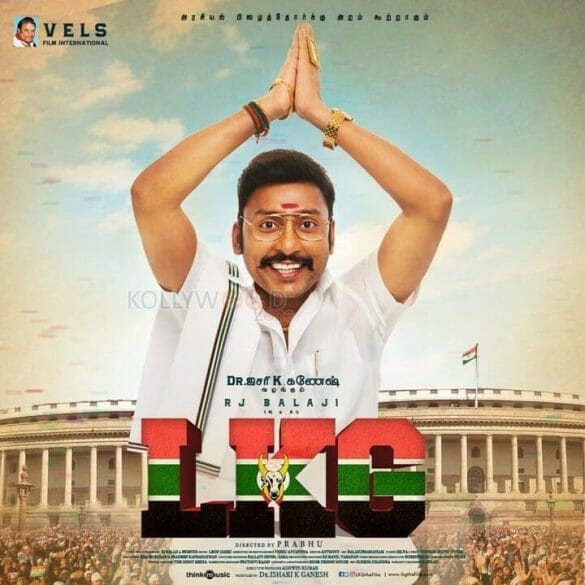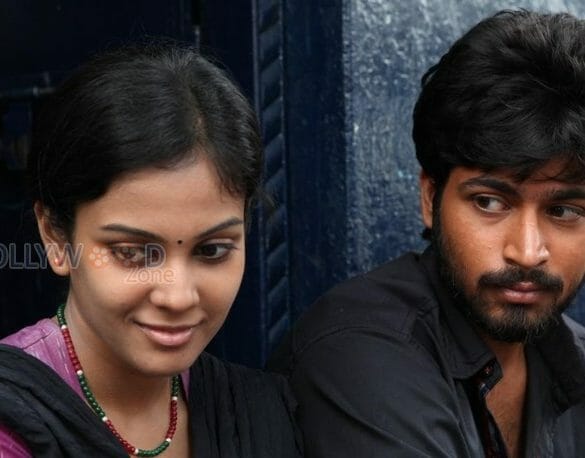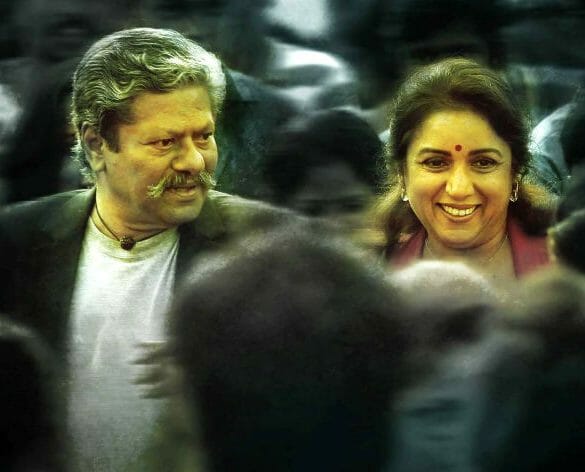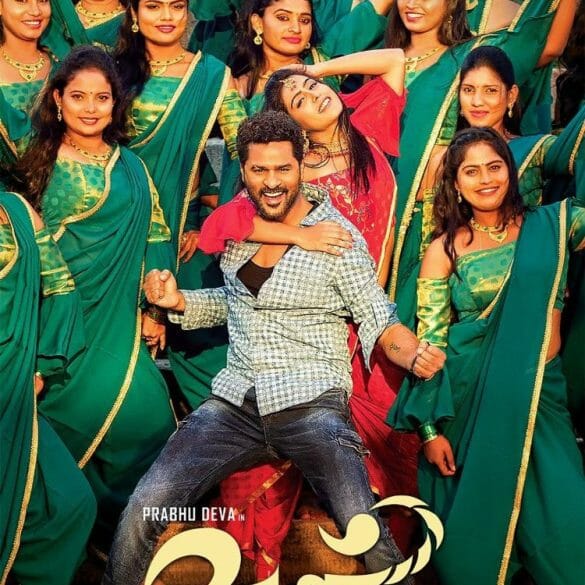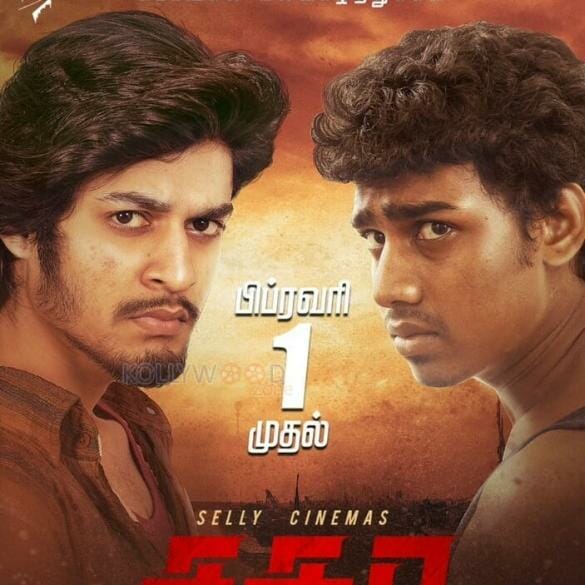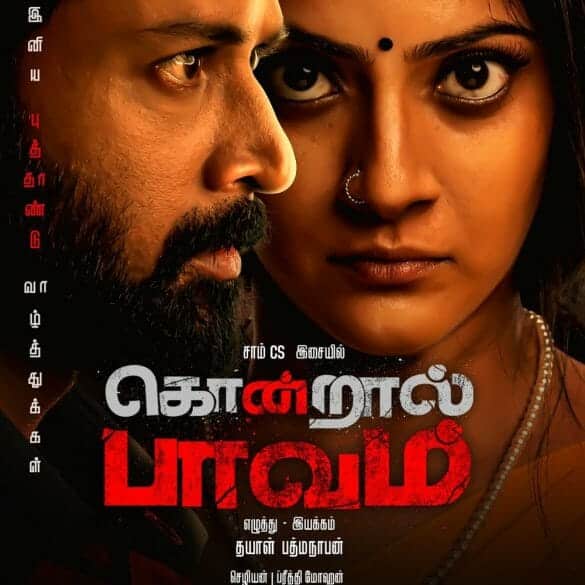The rivalry between two cricket teams creates unwanted religious unrest in a local village in Tamil Nadu. How Moideen Bhai (Rajinikanth) fought to bring unity and peace.
The film’s story is set in a small village in Tamil Nadu called Kasumuru. Youngsters Thiru (Vishnu Vishal) and Samshuddin (Vikrant) are two close friends until a tragic incident that separates them apart and makes them turn into rivals. The story moves smoothly until a sequence of incidents that made the villagers face insults from neighbouring villagers. Now the onus is on Moideen bhai to restore the peace and harmony of the village.
Before the release, it is said that superstar Rajinikanth is playing a cameo in the movie. But he has got good screen time and he tries to elevate the scenes with his charismatic screen presence. Both Vishnu Vishal (Thiru) and Vikrant have played their part but their characters have little scope to enhance the audience’s interest. Moideen Bhai goes to Mumbai to become an industrialist whereas Vishnu Vishal’s family stays in the village and struggles to make their livelihood. When Thiru Purposefully injures Samshuddin in a village tournament which hinders the later from qualifying for the Ranji Trophy breaks the peacefulness of the village. It also makes a dent in the Camaraderie between Hindus and Muslims in the village.
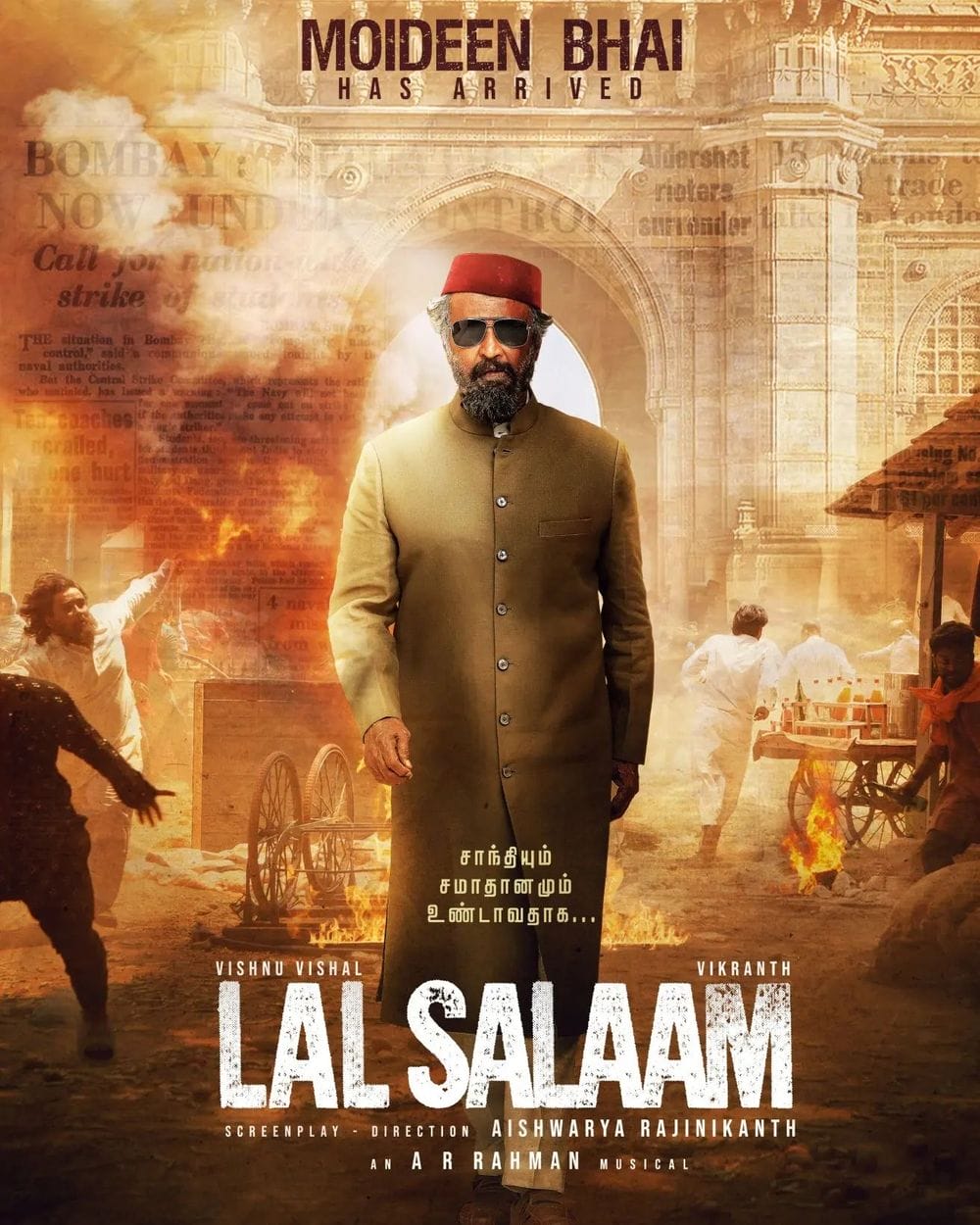
Lal Salaam Moideen Bhai Poster
Considering the sensitivity of the subject the movie has got all the ingredients to rake up the controversy. Aishwarya Rajinikanth isn’t able to capitalise on the moments and ends up with a sluggish screenplay that bores the audience. As a director, she wasn’t able to hold the emotions in the story and AR Rahman’s average background score further diminishes its effectiveness. There are lots of changes in the story where Aishwarya Rajinikanth could have elevated certain scenes but she completely fails to do that. The inclusion of heroine Ananthika, Kapil Dev and Nirosha couldn’t make much difference and adds little value to the movie.
Runtime has also been the biggest enemy of the movie. Long cutscenes don’t have a purpose and sometimes the audience isn’t able to understand whether the flashback or current scene is running. At one point particularly after the interval the movie isn’t able to move forward and Aishwarya’s attempt to fill the vacuum with unwanted scenes tests the audience’s patience. The movie primarily addresses the Hindu-Muslim divide. The politics it has spoken about must be appreciated but it could have more interesting scenes and nuances that pave the way for the conflict to get resolved. Simply put, the movie runs only in the shadow of Rajinikanth’s screen presence.
The romance sequence between Vishu Vishal and Ananthika is not convincingly written and it only helps to add yet another song to the album. Characters played by Senthil and Thambi Ramaiah are just extensions of the characters they played in various movies in the 1990s. Dhanya Balakrishna’s attempts at the tail end of the movie provide only redemption to Villain making it yet another cliché. The only positive about Lal Salaam is the message it tries to convey but the subpar writing, sluggish pacing and an underwhelming score outscore the positives.
Vishnu Rangasamy’s camera work adds some dignity to the project and it plays a huge role in making the movie abrupt. AR
Rahman’s songs are not attractive like his background score. Pravin Bhaskar does a satisfactory job as an editor. Aishwarya Rajinikanth does the dual role of Director and co-scriptwriter (another script writer is cameraman Vishnu Rangasamy) and falls short of delivering a quality experience to the audience.
On the whole Lal Salaam provides a disappointing experience to the audience. The only positive thing about the movie is Rajinikanth’s screen presence. Overall one-watchable in theatres.
Director: Aishwarya Rajinikanth
Cast: Rajinikanth, Vikrant, Vishnu Vishal, Senthil, Thambi Ramaiah, Ananthika Sanilkumar, Thangadurai
Producer: Subaskaran
Music Director: A.R. Rahman
Cinematographer: Vishnu Rangasamy
Editor: B. Pravin baaskar
Rating: 2.5/5
